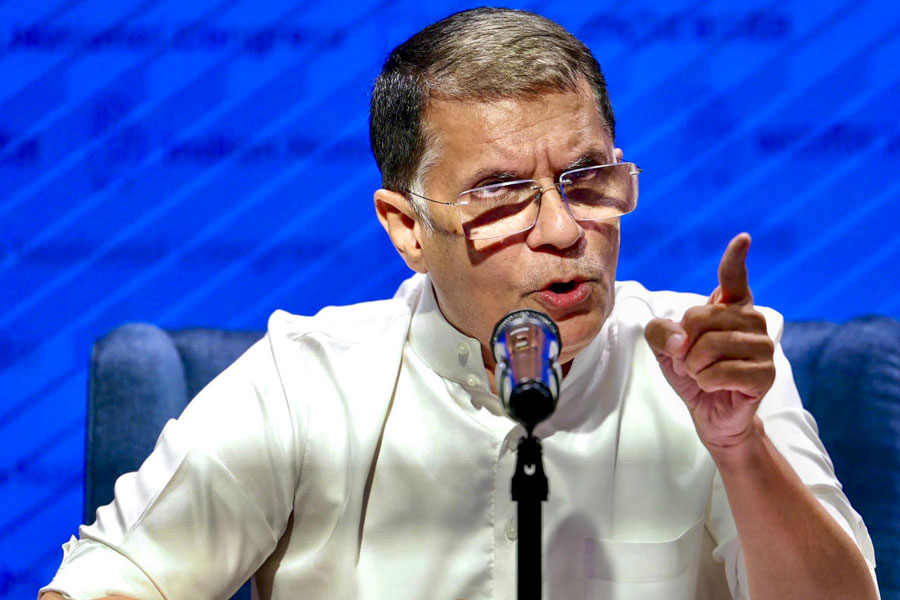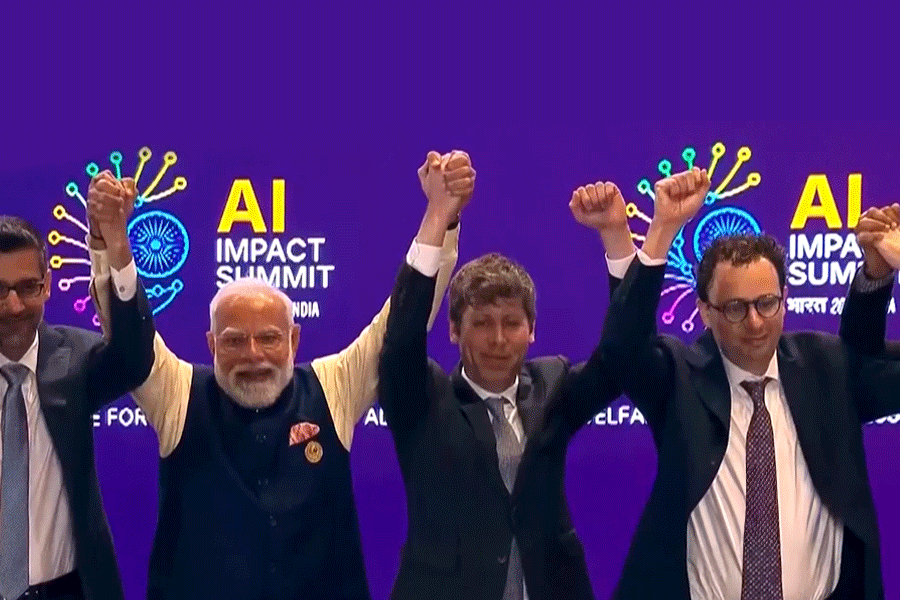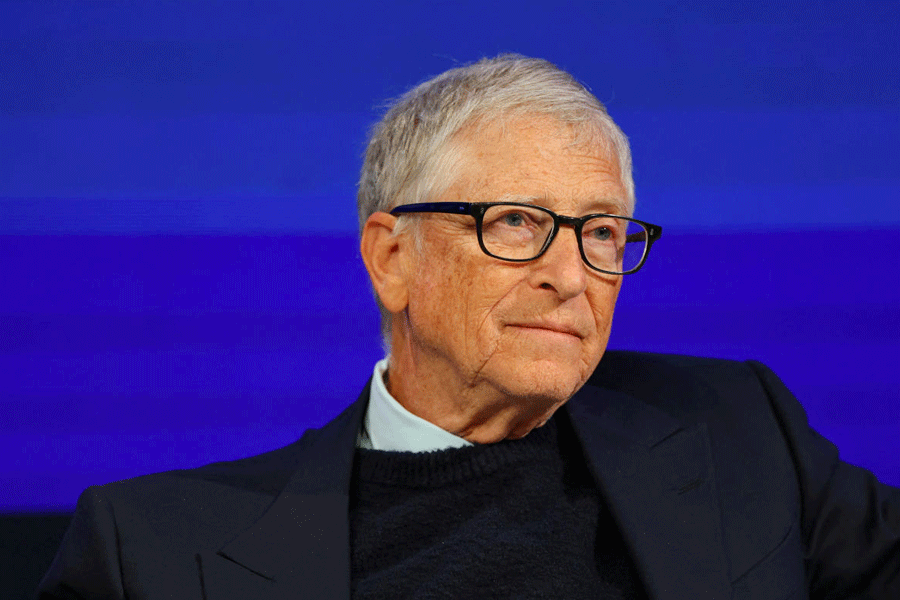 |
| Thierry Henry in New York, on Thursday |
Thierry Henry’s arrival as a player with the New York Red Bulls stands a far better chance of stimulating soccer in the United States than the David Beckham acquisition.
Henry is a more gifted player than Beckham. He has more to give on the field and is less celebrity conscious. He is coming to challenge himself as a player rather than to boost his, his wife’s or his agents’ celebrity earnings.
His career in Europe is over, and Henry is unlikely to think he can play home and away, as Beckham has tried to do by flying back and forth in an effort to prolong his England career.
Henry’s news conference in New Jersey to announce the signing is scheduled for Thursday, and he is expected to make his team debut on July 22 against Tottenham Hotspur of the English Premier League at Red Bull Arena in Harrison, N.J.
But he may not give a better reason for making the move than he already has. “Some people might think I am going to go there for vacation,” he said Wednesday. “Well, I do actually go there for vacation — but it won’t be for vacation this time. I’m a competitor and I don’t like to lose.”
He turns 33 in August, roughly the same age as Pele and Franz Beckenbauer and Carlos Alberto when they came to the Cosmos in the 1970s. Their motives, a new and lucrative challenge in the twilight of great careers, were similar to his, and it is right and reasonable to compare Henry to those stars more than the many who have passed through American soccer since.
Henry has won it all in Europe. For France. For Arsenal. For Barcelona. He has been a World Cup winner, a European champion, a top scorer and an exceptional performer.
He is a proud man. He knows the United States and the role that sports play in its culture because he has visited often to support his close friend Tony Parker of the San Antonio Spurs.
There is always an element of self-delusion when great stars face the downward slope. As Katharine Hepburn put it, performing beyond a certain age is “selling one’s deteriorating self.”
A deteriorating Henry possibly has more to give than a deteriorating, and distracted, Beckham. It is true that Henry at his best, five years ago, was a human equivalent to the cheetah: fast, feline and driven by hunger.
That was because there was guile and an instinct for opportunity from almost any angle, any distance to the goal. Henry got his fast genes from his father’s side. His uncle was a 400-metre champ in the Antilles. His father, Antoine, came from Guadeloupe, and his mother from Martinique.
But it was on the mean streets of a Paris suburb, Les Ulis, that Thierry Henry’s combination of speed, trickery and touch was spotted.
He would often play in his father’s soccer shoes because he could not afford to buy his own, but A.S. Monaco, a club in the south of France, offered him a contract the day its scout set eyes on him, when Thierry was 13.
He was sent to the French national soccer academy at Clairefontaine, but it was his pairing with Monaco’s first-team coach, Arsène Wenger, that brought out his skills. As a mentor — and as a coach whose teams have always played attacking, cultured soccer almost to the detriment of winning trophies — Wenger saw Henry as the perfect player.
Their eight seasons together at Arsenal exceeded anything in the club’s illustrious history. The team went an entire season without losing, dominated the Premier League and won titles. And Henry, despite being known as a moody player, seemed to find scoring easy.
There were exquisite strikes with either foot. There were manoeuvres that seemed uncanny and almost balletic in movement and balance. There were standing ovations in the great stadiums, like Milan’s San Siro, when he scored with such nonchalance, such class, against Inter Milan, the home team.
Yes, there has been decline in Henry’s pace, sometimes in his motivation, and in his personal life after his marriage to an English model, Nicole Merry, dissolved. He was for a time disoriented by playing in Barcelona while his daughter, Tea, was in England. There are many causes, including Unicef, AIDS relief and fighting racism in soccer, that have demanded his time, and some would say that have complicated his focus.
He was considered to be the ninth-most-marketable soccer player (Beckham was No. 1). A Gillette advertising campaign bracketed Henry with Roger Federer and Tiger Woods.
His halo has slipped. His handball led to France’s qualification for the World Cup, at Ireland’s expense, in November. And at the tournament itself, Henry was given little playing time for a French team that went out in disgrace after the players rebelled against team management.
He is probably history in France now, and is seeking a new stage. Knowing him, he would not intentionally risk his reputation unless he believed deep down that he could rise to the challenge in the United States.










